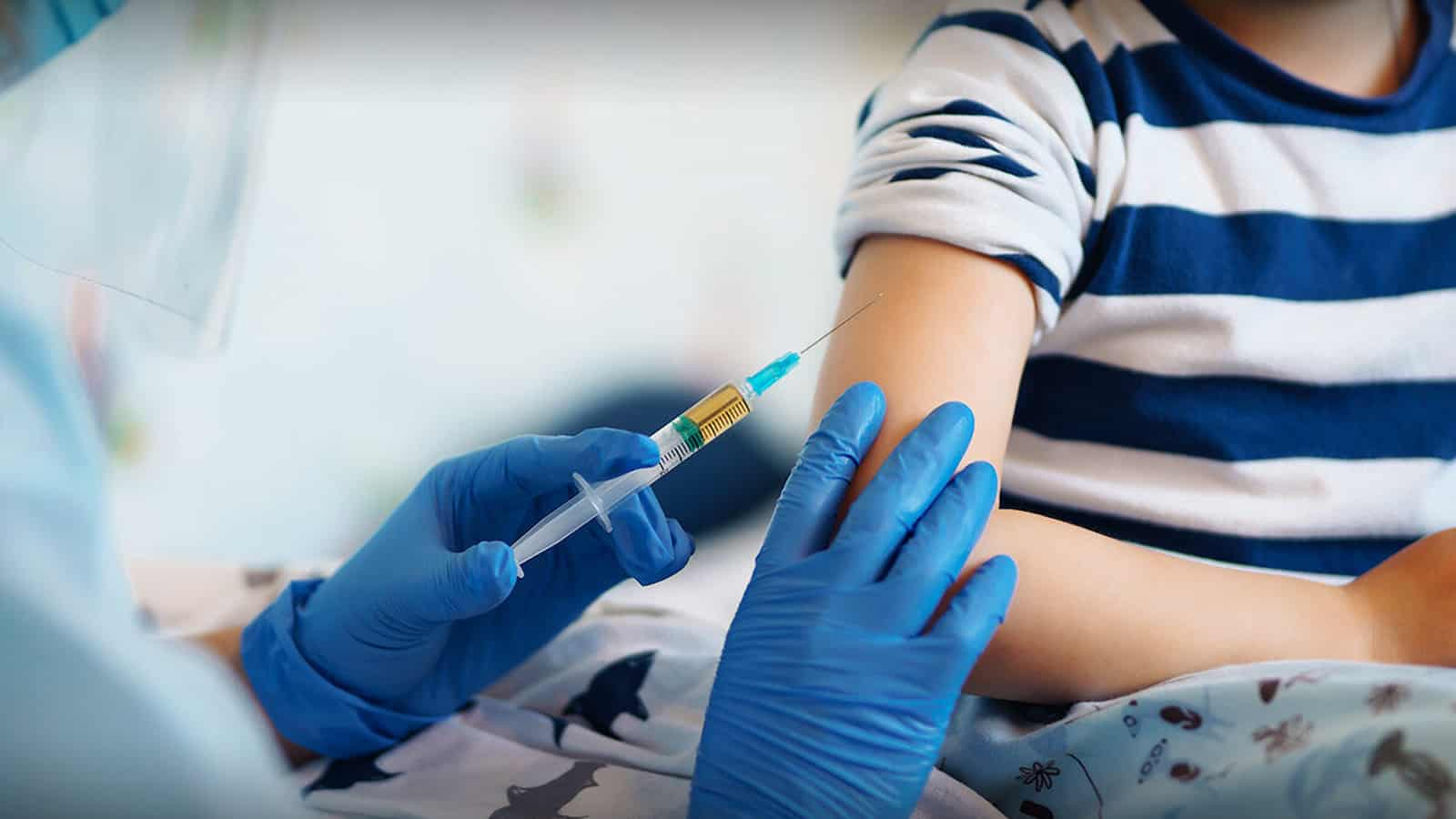National Vaccination Day 2024 (India): National Vaccination Day is observed on March 16 each year. The day emphasizes the significance and function of vaccination in maintaining public health. The initial administration of the oral polio vaccine took place in India on this date in 1995. Immunization or vaccination, represents the most efficacious approach to preventing the spread of highly contagious diseases.
As per the World Health Organization (WHO), immunization has been demonstrated to be an effective method of managing and eradicating infectious diseases that pose a threat to life. Vaccination plays a pivotal role in enhancing life expectancy and public health, as well as in driving social and economic transformations on a local and national scale.
National Vaccination Day History
The administration of vaccinations has been a practice for centuries. There is evidence that the Chinese implemented smallpox immunization as early as 1000 A.D. Before it spread to Europe and the Americas, Africans and Turks had already been practicing it.
Edward Jenner is regarded as the progenitor of vaccinology due to his 1976 demonstration of immunity to smallpox when he inoculated a 13-year-old boy with the vaccinia virus (cowpox). The initial smallpox vaccine was created in 1798, and widespread smallpox vaccination throughout the 18th and 19th centuries ultimately eradicated the disease in 1979. Louis Pasteur conducted experiments that resulted in the creation of vaccines against cholera, inactivated anthrax, and plague during the late 19th century.
Bacterial vaccine development increased between 1890 and 1950, including the BCG vaccination, which is still in use today. Alexander Glenny conducted research in 1923 to determine the optimal method for formaldehyde to neutralize tetanus toxin; in 1926, this method was also utilized to create the diphtheria vaccine. The development of viral tissue culture techniques between 1950 and 1985 resulted in the creation of the Salk and Sabin polio vaccines. In numerous nations around the world, polio has been virtually eradicated due to widespread vaccination.
Significant advancements have been achieved in the field of vaccines over the last twenty years, including the effective creation and production of recombinant hepatitis B and seasonal influenza vaccines. As technology advances, therapeutic vaccines for allergies, autoimmune diseases, and addictions will become even more effective.
Brutus Day 2024 (US): Activities, FAQs, Dates, and History
Save a Spider Day 2024 (US): History, FAQs, Dates, Activities, and Facts About Spiders
National Learn About Butterflies Day 2024 (US): History, FAQs, Dates, Activities, and Facts
FAQs for National Vaccination Day
Is the polio vaccine manufactured in India?
No. While India did produce a polio vaccine, it was Jonas Salk’s inactivated vaccine that demonstrated superior efficacy. India, on the other hand, was a pioneer in polio research and contributed to the production of both injectable and oral polio vaccines.
What is the purpose of National Vaccination Day?
The primary objective of this day is to convey the message that vaccination continues to be vital and saves lives. March 16 is observed as National Vaccination Day or National Immunization Day, coinciding with the distribution of the initial dose of the oral polio vaccine in India in 1995.
How does World Immunization Week occur?
The World Health Organization annually recognizes the final week of April as World Immunization Week. The objective of the week is to inform individuals about the significance of vaccination and the need to protect children and adults of all ages from disease. Their objective is to enhance confidence and trust in vaccines and regular immunization.
Observing National Vaccination Day: Guidelines
Examine the documentation of your vaccinations.
Obtain your vaccination records and examine the record of all vaccines administered to you since birth. You will be astonished at how protected you are against fatal diseases due to punctual vaccinations.
Schedule an appointment for vaccinations.
Schedule an appointment on National Vaccination Day if you have skipped a vaccination or require one as a result of a medical condition. The day itself is an ideal reminder!
Combat false information
Numerous individuals disseminate false information regarding vaccines and are fearful. Promote the circulation of accurate information and discourage the dissemination of false data on social media platforms.
Five vaccine facts that will astound you
Vaccines preserve life.
With more than 2.5 million annually, precisely.
Diverse methods of administering vaccines
Certain vaccines are administered via injection, whereas others are administered orally.
The smallpox virus has been entirely eradicated.
Since 1997, no cases of smallpox have been documented.
Absence of a pathogen
Vaccines are essentially surrogates of the virus and do not contain the active virus.
Initial childhood vaccinations
Vaccination of infants commences at eight weeks of age, progressing to twelve weeks, sixteen weeks, and beyond.
NATIONAL VACCINATION DAY DATES
| Year | Date | Day |
|---|---|---|
| 2024 | March 16 | Saturday |
| 2025 | March 16 | Sunday |
| 2026 | March 16 | Monday |
| 2027 | March 16 | Tuesday |
| 2028 | March 16 | Thursday |
















